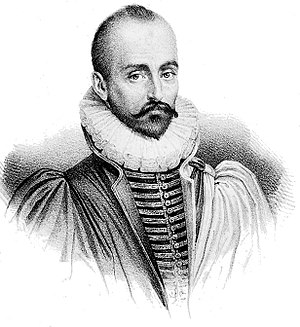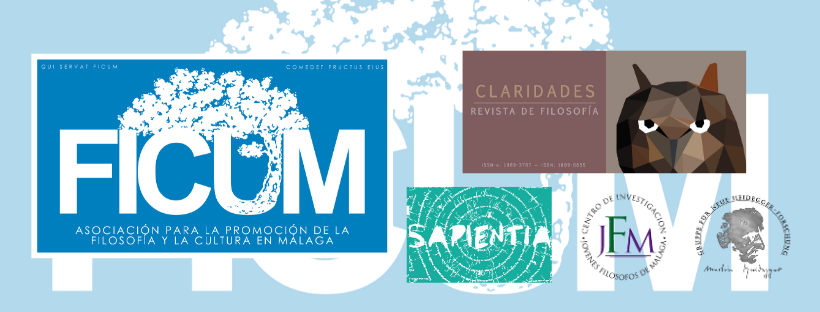
Yet, if being a philosopher is being able to judge properly in any circumstances of life, then the Essays are the exemplary testimony of an author who wanted to be a philosopher for good. Montaigne is putting his judgment to trial on whatever subject, in order not only to get to know its value, but also to form and strengthen it.
Montaigne helps us answer this one question: ‘How to stay free? How to preserve our inborn clear-mindedness in front of all the threats and dangers of fanaticism, how to preserve the humanity of our hearts among the upsurge of bestiality?
os recomiendo la siguiente lectura sobre el autor: la doctrina de la verdad en Michel de Montaigne, escrito por Pedro Chamizo.

No hay comentarios:
Publicar un comentario